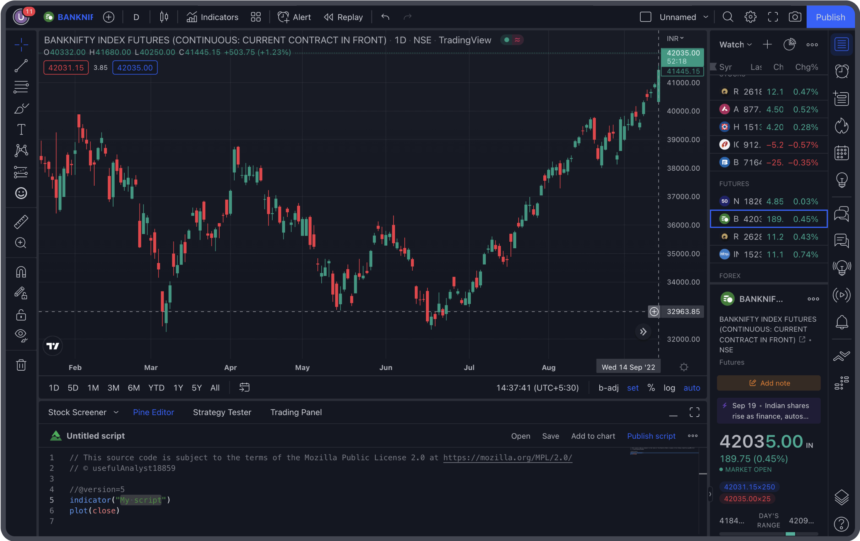Investing in mutual funds can be a suitable way to grow your wealth, especially if you seek diversification and professional management. One type of fund that has gained popularity in recent years is the contra fund. But what exactly is a contra fund, and is it the right fit for your investment strategy? Let’s explore the meaning, advantages, disadvantages, and which type of investor may prefer it.
What are Contra Funds?
Contra funds belong to the equity mutual fund category that follows a contrarian investment approach.
These funds focus on stocks currently undervalued or overlooked by the market but have solid fundamentals and promising growth prospects. Their primary objective is to profit from market inefficiencies by purchasing low and selling high.
Investing in contra funds presents both high risk and high reward. The performance of these funds heavily relies on the fund manager’s skill in spotting and investing in undervalued stocks before they recover.
Benefits of Contra Funds
Some common reasons to invest in contra funds are:
Potential for Higher Returns
As said, contra funds, such as SBI contra fund invest in stocks currently undervalued and unpopular in the market. The idea is to benefit from the market’s overreaction to short-term challenges experienced by these companies. Once market sentiment shifts and the true worth of these companies is acknowledged, investors achieve substantial capital gains.
This approach often yields higher returns than conventional investment strategies that adhere to market trends.
Long-Term Focus
Contra funds promote a long-term investment outlook. Since they focus on currently undervalued companies, these investments might take time to reach their full potential.
This long-term approach mirrors the philosophy of value investing, where patience eventually pays off as the market adjusts its mispricing. Investors who prioritize consistent growth over the years may benefit from this stock.
Lower Downside Risk
Contra funds have a lower downside risk than equity funds like large-cap, multi-cap, and mid-cap funds. They hold stocks priced below their historical values, which minimizes the chances of significant losses and makes them appealing to conservative investors.
Drawbacks of Contra Funds
Contra funds have their downsides as well. These are:
Underperformance Risk
Contra funds are more likely to underperform in bullish markets, as their investments in unpopular stocks may not capitalize on the broader market’s upward momentum. This can lead to periods of underperformance compared to other types of mutual funds that invest in more popular and trending stocks.
Higher Expense Ratios
Contra funds, being actively managed, tend to have higher expense ratios than passive index funds. This increased cost can erode total returns, which may deter investors focused on minimizing expenses.
Market Risk
Contra funds are not immune to overall market risks. While they aim to capitalize on undervalued stocks, these stocks are still subject to broader market trends and economic conditions. Even undervalued stocks can suffer during market downturns, leading to potential losses.
Who should invest in Contra Funds?
Contra funds are suitable for the below category of investors.
- Contra funds are best suited for investors who hold their investments for at least five years, as these stocks often need time to recover and grow.
- For those with a higher risk appetite, contra funds can be a suitable choice, though their performance may experience significant fluctuations and might not outperform the market.
- Those who can exercise patience during market ups and downs and avoid making impulsive decisions based on short-term fluctuations are suited for contra funds.
- Contra funds are suitable for investors aiming to mitigate downside risk in an overvalued market, as they focus on undervalued stocks.
Conclusion
Adding contra funds can be a rewarding strategy if you are prepared for their unique attributes and risks. They are ideal for risk-tolerant, long-term investors who seek diversification and understand market cycles well. If you want to diversify your investment portfolio and are willing to invest against the market trend, contra funds might be the strategic move you need.






